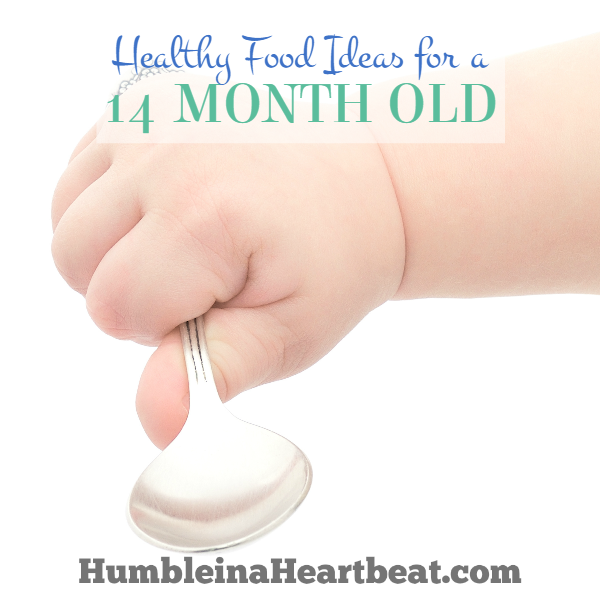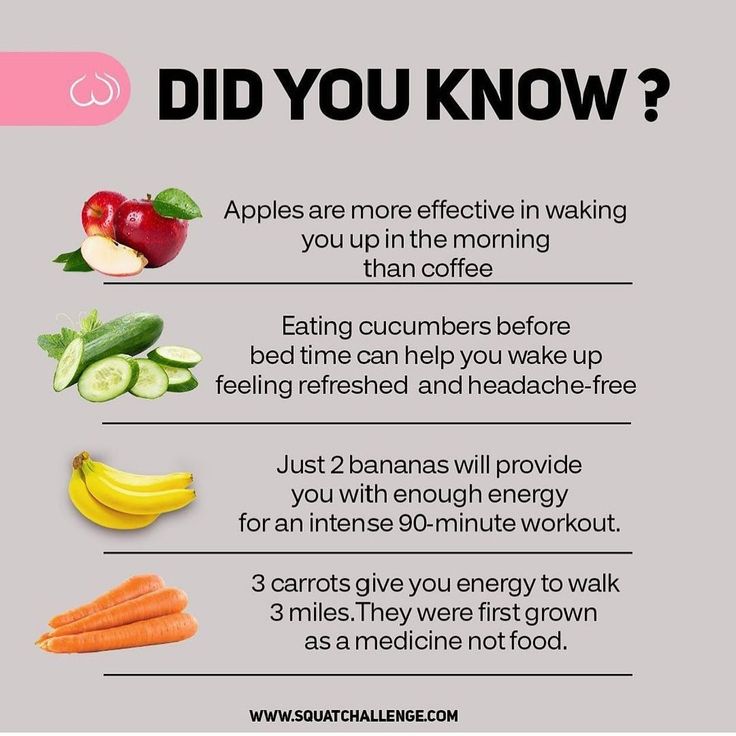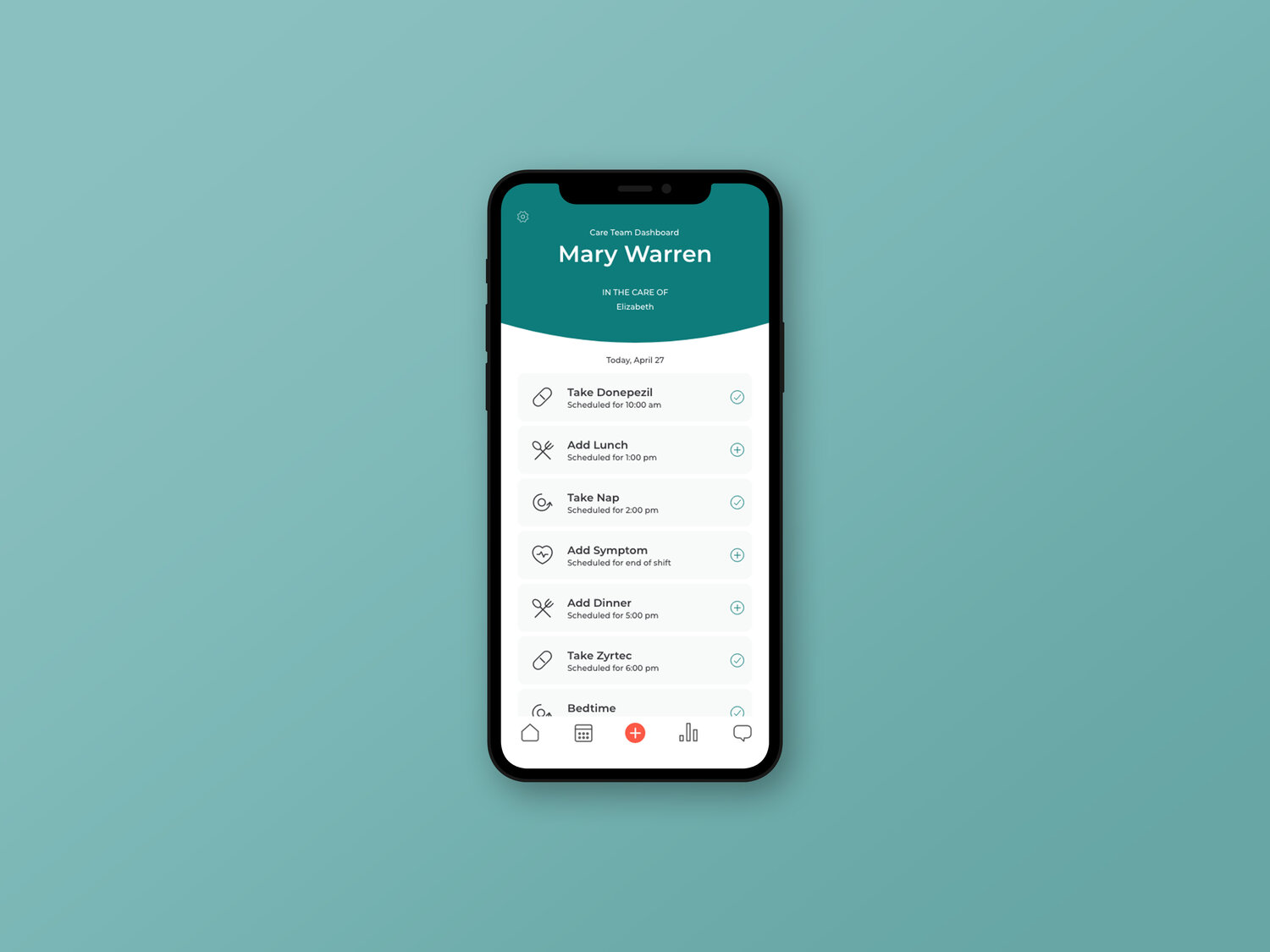
Taking up an exercise routine is an important part of older adult health. Being physically fit reduces the chance of getting diseases like stroke, type 2 diabetes and depression. Physical fitness is good for seniors' independence and overall health. It can be difficult to maintain an exercise routine.
Before you begin an exercise regimen, consult your doctor if you are an older adult. Your doctor can assess your health and suggest the best type of exercise for you. Your health may dictate that you start out with gentle exercise and gradually increase your intensity.
A gym that offers classes for seniors is an excellent place to start. Many gyms offer senior discounts. You can also find a personal trainer who can help you develop an exercise program suited for your age. It is possible to invite your friends and family members to join you in your exercise program.

If you have never exercised before, start with simple chair exercises and work your way up to more strenuous activities. Begin by warming up and cooling down. Exercise can help you lose weight and stress, as well as improve your physical fitness.
Strength training exercises increase muscle strength and endurance. Balance is also improved, which decreases the likelihood of falling. This includes single-leg standing, stair climbing and light weights.
Another important aspect of any exercise program is stretching. Stretching can help relieve pain, stiffness, and inflammation. Stretching can improve flexibility and range of motion. It is best to do your stretching for at least 15 to 30 seconds. It is a good idea for you to stretch before doing any exercise. This will ensure that your muscles are ready for anything.
Cardio exercise is a good way to get older adults moving. Cardio exercise increases energy levels and improves cardiovascular function. Your overall health will improve if your heart pumps more blood. Walking, swimming, biking and dancing are all aerobic activities that can increase your heart rate. They also strengthen your lungs.

Older adults can also benefit from strength training. Strength training helps improve bone density, which decreases the risk of osteoporosis. Performing strength training exercises is also a good way to get older adults more active. This is especially important if you are an older adult who has lost muscle mass. It is important to maintain balance and muscle strength when doing strength training.
If you are just starting an exercise program for the first time, it is easy to get discouraged by the aches and pains. You may think it's too difficult or too expensive to get started with an exercise program. Exercise can be just as beneficial to older adults than it is for younger ones.
Many activities can be added to your exercise regimen, including yoga and taichi, running, walking, biking, swimming, and biking. Doing endurance exercises like walking the stairs or mowing your lawn is a good option. You can find a group class at your local rec center for those who are unable to exercise by themselves. To find out the activities that they enjoy, it's a good idea for older adults to reach out.
FAQ
Take herbs and other supplements to improve your immunity
It is possible to boost immune function by using herbs and natural remedies. Some common examples include garlic, ginger, oregano oil, echinacea, ginkgo biloba, and vitamin C.
These herbal remedies should not be used in place of conventional medical treatment. Side effects may include nausea, diarrhea, stomach cramps and headaches.
Here are five ways to lead a healthy lifestyle.
Are there 5 ways to have a healthy lifestyle?
A healthy lifestyle means eating right, being active, getting enough sleep, managing your stress levels, and having fun. Healthy eating means avoiding sugary and processed foods. Exercise can help you burn calories and strengthen your muscles. Good sleep habits can help improve memory and concentration. Management of stress can help reduce anxiety levels and depression. Fun is the key to keeping us healthy and happy.
What's the difference between a virus & a bacterium?
A virus is an organism microscopic that can't reproduce outside its host cells. A bacterium, a single-celled organism, reproduces by splitting into two. Viruses can be as small as 20 nanometers, while bacteria can grow up to 1 micron.
Viruses are spread via contact with infected bodily liquids such as urine, saliva, semen and vaginal secretions. Bacteria can easily be spread from direct contact to contaminated objects and surfaces.
Viruses can enter our bodies through cuts, scrapes, bites, or other breaks in the skin. They may also enter through the nose, mouth, eyes, ears, vagina, rectum , or anus.
Bacteria can enter the body through cuts, scrapes burns and other injuries to the skin. They may also enter our bodies from food, water, soil, dust, and animals.
Both bacteria and viruses cause illness. Viruses cannot multiply in their host cells. Viral infections can only cause diseases in living cells.
Bacteria can multiply within their hosts and cause illness. They can spread to other parts of our bodies. To kill them, we must use antibiotics.
Statistics
- WHO recommends consuming less than 5% of total energy intake for additional health benefits. (who.int)
- According to the Physical Activity Guidelines for Americans, we should strive for at least 150 minutes of moderate intensity activity each week (54Trusted Source Smoking, harmful use of drugs, and alcohol abuse can all seriously negatively affect your health. (healthline.com)
- Extra virgin olive oil may benefit heart health, as people who consume it have a lower risk for dying from heart attacks and strokes according to some evidence (57Trusted Source (healthline.com)
- nutrients.[17]X Research sourceWhole grains to try include: 100% whole wheat pasta and bread, brown rice, whole grain oats, farro, millet, quinoa, and barley. (wikihow.com)
External Links
How To
10 tips to a healthy lifestyle
How to live a healthy life
Our fast-paced world means that we aren't getting enough sleep, don't eat enough, drink too much alcohol, and smoke too many cigarettes. We don't properly care for our bodies.
It can be very difficult to have a healthy diet, exercise routine, and work schedule when you do so many things simultaneously. It's even more difficult when you're stressed because your mind tells you that it is impossible to handle this situation so you start feeling guilty about it and give up.
If you feel like something is wrong with your body, then it probably is. Consult a doctor immediately to get his/her opinion on your current condition. If nothing is abnormal, it might be stress due to your job.
Some people think that they are lucky because their jobs allow them to go to gym regularly or they have some friends who help them to keep fit. However, those people are really lucky. These people have no problems. They have everything under control. I wish that everyone could be like them. Unfortunately, many of us don’t know how to manage our personal and work lives. Many people fall prey to bad habits, which can eventually lead them to developing diseases like heart disease, diabetes and cancer.
Here are some tips that might help you to improve your lifestyle:
-
Sleeping 7 hours a night minimum, 8 hours maximum is the ideal amount. This means sleeping properly and not consuming caffeine in the hour before bed. Caffeine blocks the production of melatonin hormones and makes it harder to fall asleep. Your bedroom should be darkened and cleaned. Consider using blackout curtains, especially if working late at night.
-
Get healthy - Start your day with a good breakfast. Sugar products, fried food, processed foods and white breads should be avoided. Try to include whole grains, fruits, and vegetables for lunch. It is recommended that afternoon snacks be high in fiber and protein, such as nuts and seeds, beans, fish, and dairy products. Avoid unhealthy snacks like chips, candies, cookies, cakes and sodas.
-
Drink plenty of water - Most of us don' t drink enough water. Water helps us to burn more calories, keeps our skin looking young and supple, flushes toxins from our system and improves digestion. Aim to drink six glasses of fluids daily to lose weight more quickly. You can check the color in your urine to see how well you are hydrating. Yellow is dehydrated. Orange means mildly dehydrated. Pink means normal. Red means overhydrated. Clear means extremely-overhydrated.
-
Exercise - It has been proven that regular physical activity can improve energy levels and reduce depression. Walking is a good way to get fit and improve your mood. Walking is easy, but it takes effort and concentration. Walking requires your brain to be focused on the task at hand, and you need to breathe slowly and deeply. A 30-minute walk for 100 to 150 calories can be burned in 30 minutes. Start slow and work your way up. Stretch after exercising to avoid injuries.
-
Be positive - Positive thinking is essential for mental health. When we think positively, it creates a happy environment within ourselves. Negative thoughts can drain energy and cause anxiety. Try to visualize the things you are aiming to achieve. You don't have to take on all of the new tasks at once. Break them down into small steps. Do not be discouraged if you fail, just get up and try again.
-
Say No. We can often be so busy that it is hard to see how much of our time we are wasting on useless tasks. It is important that you learn to say no when necessary. Not saying "no" is rude. Simply saying "No" does not mean you are rude. There will always be another way to do the job. You should set limits. Ask for help. Or simply delegate this work to someone else.
-
Take care your body. Keep track of what you eat. You can boost your metabolism by eating healthier foods. Do not eat anything too heavy or oily because they tend to raise cholesterol levels. Good advice is to have at least three meals and two snacks per day. Your daily calories should range from 2000 to 2500.
-
Meditate - Meditation is a great stress reliever and reduces anxiety. Your mind will relax when you sit still and close your eyes. This exercise will allow you to have clarity of thought which can be very useful in making decisions. Practicing meditation regularly will make you calmer and happier.
-
Breakfast is the most important meal you should eat each day. Skipping breakfast can lead you to overeating at lunch. It is never too late to eat a balanced breakfast as long as you eat within 1 hour of waking. Eating breakfast boosts your energy and helps you manage your hunger better.
-
Good food is healthy. Avoid junk food, artificial ingredients and foods that are high in preservatives. These products keep your body acidic and trigger cravings. Vitamins and minerals found in fruits and vegetables can improve your overall health.
-
***